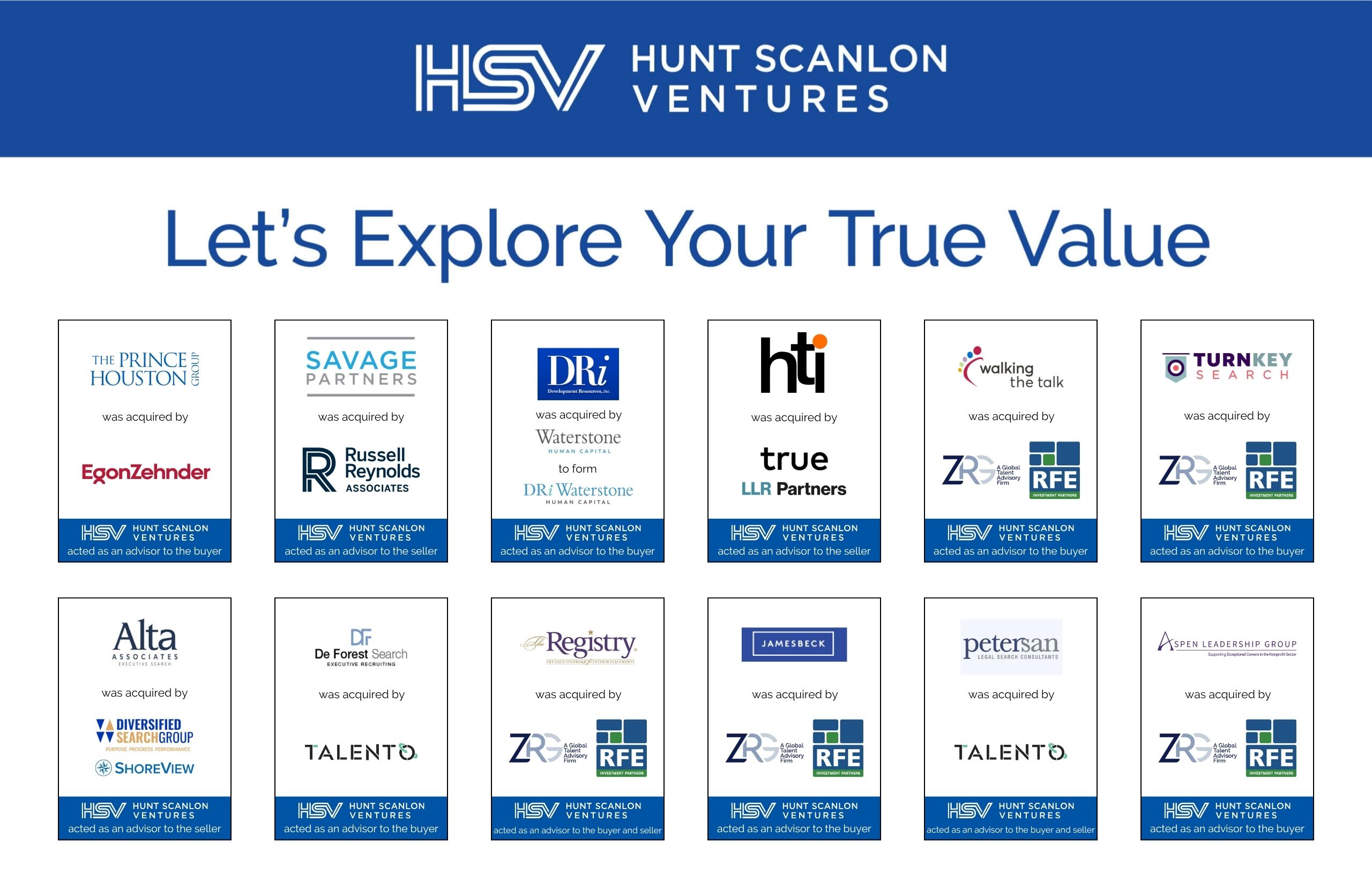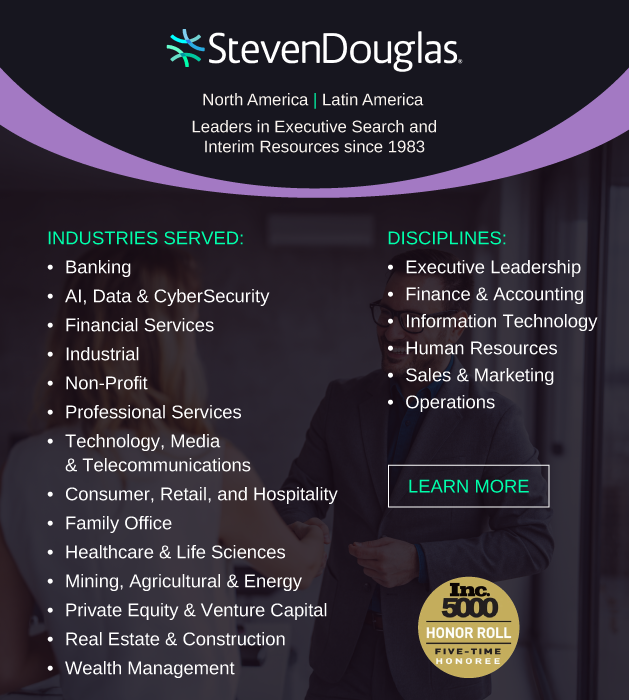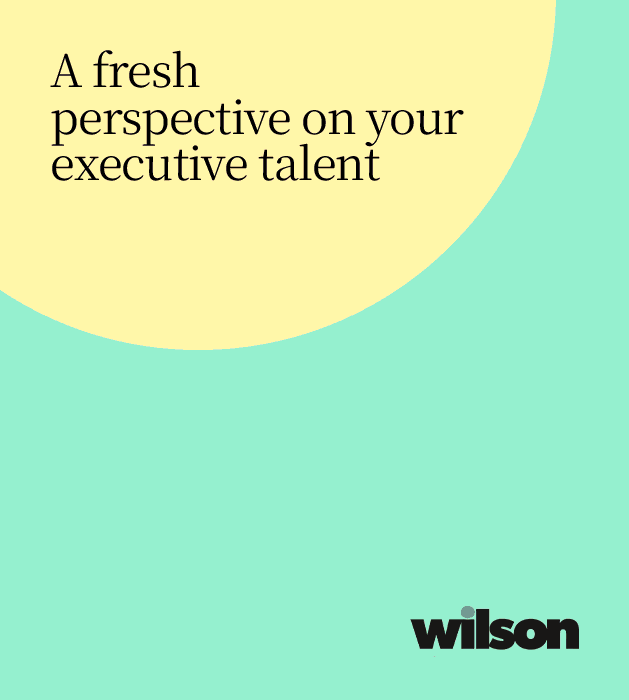Morgan Stanley has indicated a strong variance between their outlook for 2023 and that of their peers. Many investors are feeling optimistic about corporate earnings growth for 2023. They think the impact of rising interest rates is in the past and are taking for granted that areas such as consumer cyclicals, tech and communications services are due for a comeback after experiencing earnings recessions last year.
Morgan Stanley disagrees. Heading into 2023, their earnings forecast was lower than consensus. Today, that spread has grown even wider as the firm recently cut its 2023 forecast further while the rest of the Street and buy-side analysts have raised their estimates.
Powerful Rally
Morgan Stanley’s U.S. strategists expect a meaningful earnings recession of -16% for 2023 at this point. However, looking beyond this year these same strategists predict a significant recovery starting in about six months and continuing a powerful rally into 2025.
The rebound in earnings in the next two years will be intense, according to Morgan Stanley’s analysts. They predict a sharp rebound with earnings-per-share growing 23% in 2024 and 10% in 2025.
So, what’s behind these predictions?
Morgan Stanley’s market outlook is largely dictated by their “hotter but shorter” cycle framework. They believe that the boom/bust period that began in 2020 is currently in the bust part of the earnings cycle—a dynamic that they believe has yet to be priced into the bear market that began 18 months ago (and has been largely related to higher interest rates).
In other words, they expect margins and earnings to decline rapidly as inflation falls. This viewpoint leads to valid optimism as soon as next year. Shorter cycles mean that relief should be just around the corner.
Hiring, Recruiting & Retention Impact
The view is based on historical precedent as earnings recessions have often reached bottom after average annual declines of 16%, the exact decline Morgan Stanley has forecasted for this year. If this precedent holds true – and Morgan Stanley’s analysts believe that it will – then the start of next year should see immediate relief in the market.
Morgan Stanley analysts have good reason to believe the rebound won’t come until the start of 2024. The downward trend which may continue this year falls in line with their shorter but hotter hypothesis. Additionally, Morgan Stanley analysts note that earnings quality, as measured by net income to cash flow, recently reached its weakest level in the past 25 years. This is yet another warning sign that earnings growth could deteriorate further this year.
As we head into 2024, the market rebound will be anchored by a much healthier earnings backdrop. This should stand in contrast to the weak quality in earnings we’ve seen this year. It’s additionally important to note that Morgan Stanley’s 2024 EPS growth estimate of 23% for the year is in line with the historical precedent for earnings one year after earnings growth bottoms.
There is a lot here to unpack, especially from a human capital markets point of view. Any upswing in the market of the magnitude that Morgan Stanley is predicting will have a major impact on hiring, recruiting, and talent retention. Who better to turn to than Cody Crook, managing director of Hunt Scanlon Ventures, to help sort it all out.
Cody, Morgan Stanley predicts the current bear market to continue for the remainder of this year. What’s your take?
While their logic is sound, and clearly Morgan Stanley is a highly credible source, it is important to note that many analysts see the bear market turning sooner than later. In the human capital space, as well as across banking and professional services which we constantly survey, we are seeing trends which lead us to believe the remainder of the year may not be as bleak as Morgan Stanley’s analysts indicate. In fact, interviews we have had with banking leaders and professional services chief executives indicate that we likely hit the bottom in mid-June. That’s not to say that some sectors remain weak, like VC, but even there we are seeing signs of a relief rally. Hunt Scanlon is bullish in that we believe we are just at the beginning of a significant upturn in the markets.
What is Hunt Scanlon seeing in the hiring sector?
We are seeing certain sectors starting to ramp up hiring initiatives – the academic sector is returning strongly, and healthcare services and healthcare tech are red hot; in fact, those sectors barely slowed once 2023 got underway. Non-profit organizations are hiring. And, of course, there is an absolute boom in hunting down fractional leaders, otherwise known as interim or on-demand talent, across the C-suite which is a relatively new but expansive area for headhunting firms to turn to for growth. Data from ManpowerGroup indicates a relatively optimistic hiring process for the coming quarter in North America. While the U.S. and Canada expected hiring to be weaker compared to their forecast year-over-year, the data indicates increases in their outlooks compared to last quarter. This does not fall in line with Morgan Stanley’s analysis which sees markets continuing to slow through the end of this year, then picking up.
So, you’re already seeing markets turning up.
Yes, and sooner than Morgan Stanley is predicting. But where I agree with their analysts’ forecast is I don’t think an intense turnaround will come until we turn into 2024. Hiring will pick up relative to last quarter, but not enough to meet year over year expectations. It’s going to be several months before we see a full turn around. But it is beginning, and that is where we slightly differ from the Morgan Stanley analysis. The next several months, therefore, will be about putting yourself in a position to capitalize when the market moves into full swing mode. It’s coming. Let’s get ready.
Morgan Stanley points to the significant role that AI will play in turning market cycles in the future. Do you agree?
Morgan Stanley’s take has some nuance and I appreciate it. I agree that many companies will see massive gains in the near term due to AI. But this optimistic notion that AI has the capacity to affect larger market trends at this point is misguided. It is just too soon to give AI that much market power, though its power will certainly be immense. A LOT of adjustments need to be made before AI can be implemented in a way where it will meaningfully impact market trends.
What are you seeing vis-a-vis AI and the human capital sector?
A big conversation in the human capital space right now is how leaders will need to alter their management style to properly integrate AI. And there is an even larger discussion taking place among chief talent officers, CHROs, chief people officers, and heads of culture around the revolutionary human adjustments that will need to be made to unlock and properly direct the technologies’ disruptive capacity.
“AI is exciting and it could be, potentially, the biggest transformation lever we have ever witnessed in HR, recruiting and people management. But we are about a decade away, not a year or two, before its full potential is realized. That said, let’s get ready now, let’s keep the conversations flowing. Big change is coming.”
You mention that some companies are beginning to have discussions around these new AI capabilities. Is Hunt Scanlon Ventures working with any companies, or investing in any companies that are preparing AI-centric platforms?
We are involved with two companies, and we have a few more in our sightline. We have taken a stake in an early-stage company called AiFlow. They are an innovative AI-driven market research platform designed to automate competitor analysis and market research for private equity firms. It is an incredible platform with the potential to change the PE space, particularly in areas like secured due diligence. As advisors to the company’s founders, we are helping direct the business to consider the human adjustments that PE firms will have to make to properly integrate this technology. None of this happens overnight, and certainly nothing happens without deep diligence from the human perspective. The AiFlow team is working tirelessly, day and night, to help PE firms unlock the potential of this technology. So that is exciting for us.
And the other company?
Another firm we are spending a lot of time with is called TI Verbatim (TIVC). I urge any business leader with an interest in the power that culture can have on an organization to visit their website. TIVC’s founders started this business on the premise that inclusive workplaces enrich an organization’s identity and create happier environments. Those environments become sticky workplaces where people stay. Studies have proven that inclusive workplaces enhance employee engagement and increase positive customer experiences. All of that is good for business. But while creating a culture of belonging sounds easy, it is often difficult work to realign businesses that have had entrenched cultures in place for years or decades. So, we are helping TIVC’s founders design powerful assessment tools using AI to help identify organizational patterns, trends and collective beliefs that enhance or hinder an organization’s optimization. All of this is being done to enhance the alignment between the organization and its people. Our affiliated Media company is in the process of creating a full go-to-market strategy for TIVC as we prepare the business for an expected uptick in work volume. TI Verbatim is part of an influential vanguard of highly specialized companies that we will integrate under our Hunt Scanlon Media and Hunt Scanlon Ventures platforms as we create a powerful human capital investment portfolio.
Article By

Cody Crook
Cody Crook is managing director and head of investment strategy at Hunt Scanlon Ventures - an M&A advisory firm that specializes in the human capital space. Cody is responsible for co-managing the firm's investment portfolio, which includes executive search, talent acquisition, private equity, and investment firms. Leading the investment team, he spearheads all fund transactions and maintains portfolio developments. He is also responsible for sourcing, managing and monitoring investments and working with external portfolio managers, analysts and investors on active and prospective transactions. Connect with Cody.






